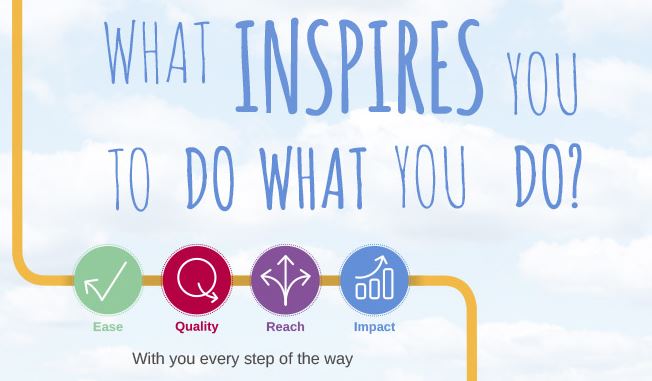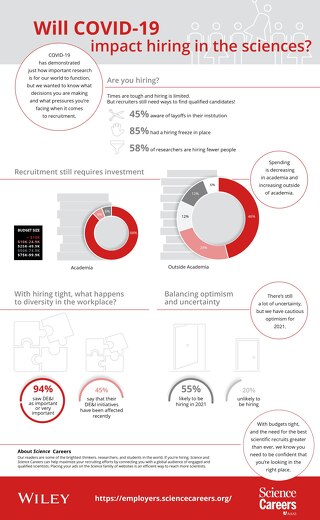accelerating-health-equity-through-research-and-education
accelerating-health-equity-through-research-and-education
COVID-19 has quickened the pace of scientific collaboration, discovery, and innovation. But this global spotlight on science, specifically health science, has shown the fault lines in the healthcare system, especially relating to equal access and fair treatment.
On World Health Day, we are all called to build a fairer, healthier world, but we cannot begin to build this world without recognizing that our vulnerable and marginalized communities not only have inequal access to quality healthcare but are also often battling bias and racism when seeking out care. This World Health Day, and every day, Wiley is working to spread awareness surrounding inequity with the ultimate goal of advancing change to create equal access in the healthcare industry worldwide.

Black people receive a lower standard of care than white people when being treated for breast cancer, orthopedic problems, cardiovascular disease, pain, and end of life care, among others. (cited from Pediatric Blood & Cancer). Black, American Indian, and Alaska Native (AI/AN) women are two to three times more likely to die from pregnancy-related causes than white women (cited from the CDC). And Quality of healthcare is closely connected to social position or other socially determined circumstances. People of lower socio-economic status are more likely to have worse self-reported health, lower life expectancy, and suffer from more chronic conditions when compared with those of higher socio-economic status.

2. Enable Diversity in Research and Medical Fields
We need to clear the way for future scientists and healthcare professionals by leveling roadblocks in STEM. Wiley does this through digital courseware solutions, including Knewton Alta and zyBooks, which provide superior learning outcomes for students to succeed in college and through their career, and mthree, the company's last-mile training provider that recruits, trains and places tech talent directly into jobs fully prepared with the skills that they need to succeed.
3. Foster Diverse Talent to Thrive and Advance
After clearing the way for more people to pursue careers in STEM, we must foster talent and help that talent advance in their careers. Companies across the board are looking to the power of learning to increase talent mobility and support their workforce, and they are looking to solutions like Wiley Beyond to provide tuition assistance programs that work hard for both the learner’s aspirations and the organization’s needs.
Career advancement is a consistent theme across Wiley in both education and research, and Wiley’s expanding research platform offering include the hosting and management of career centers for our partners that help researchers and other job-seekers connect with great jobs.



Follow these accounts on their social channels for a daily dose of inspiration.
Dr. Uché Blackstock, @usce_blackstock
Dr. Blackstock is an emergency medicine physician, Yahoo News medical contributor and Founder and CEO of Advancing Health Equity, and organization tackling bias and racism in healthcare.
Alice Wong, @DisVisability
Alice Wong (she/her) is a disabled activist, media maker, and consultant based in San Francisco and the Founder and Director of the Disability Visibility Project.
Dr. Oni Blackstock, @oni_blackstock
Dr. Blackstock is a primary care and HIV physician and researcher, and founder and director of Health Justice, which helps healthcare, public health, and other organizations center anti-racism and equity in their workplace culture and reduce health inequities in the communities they serve.
















